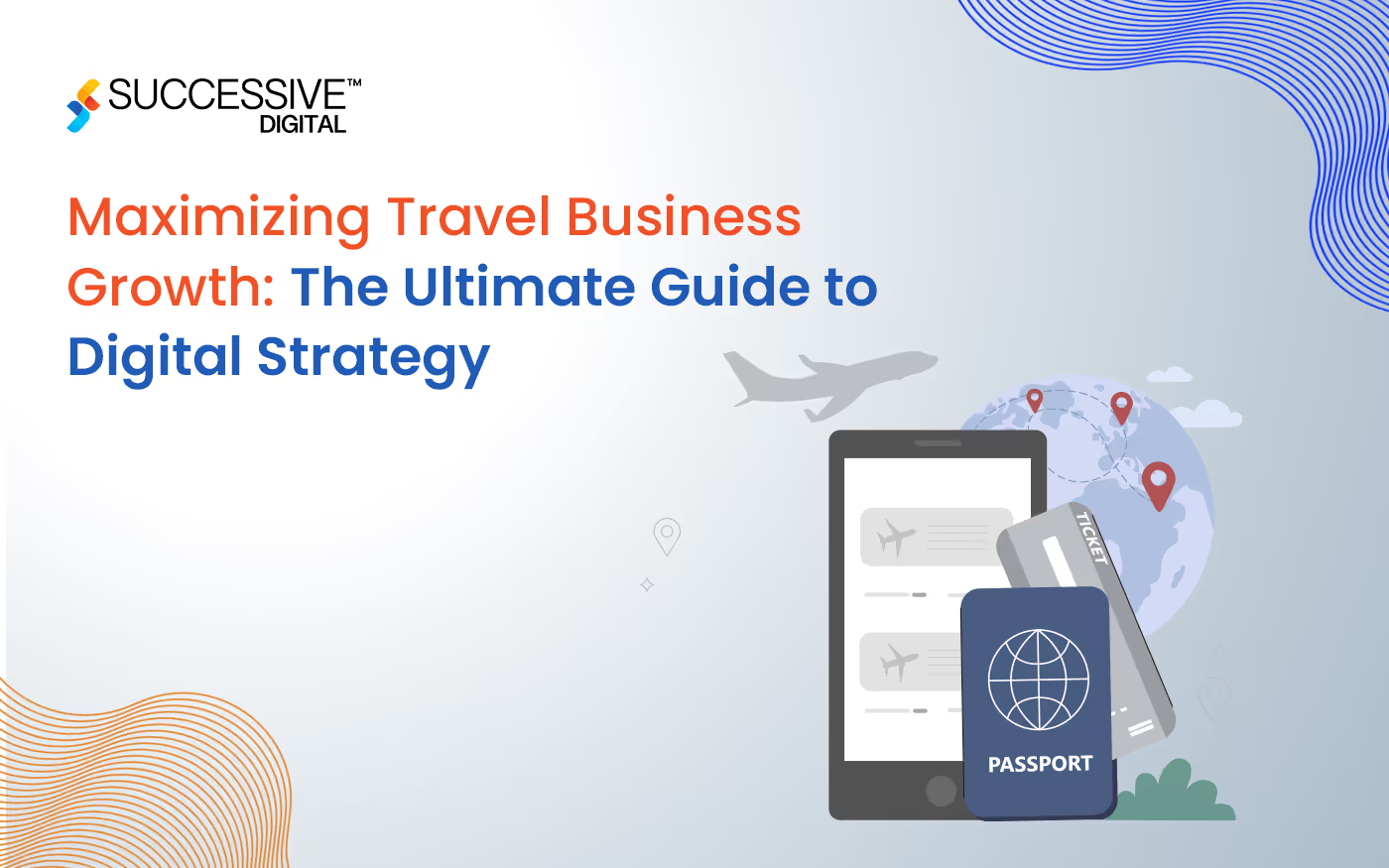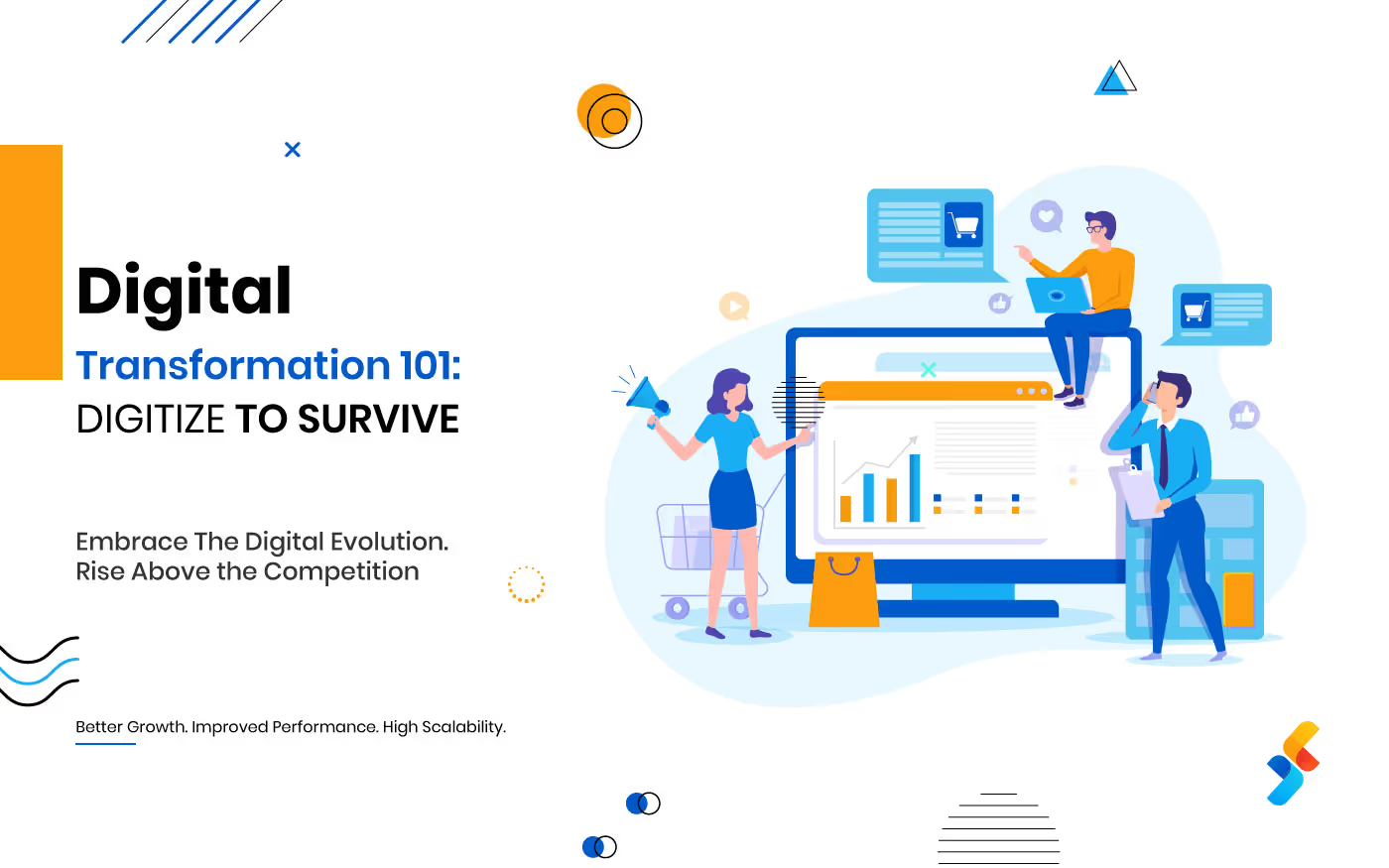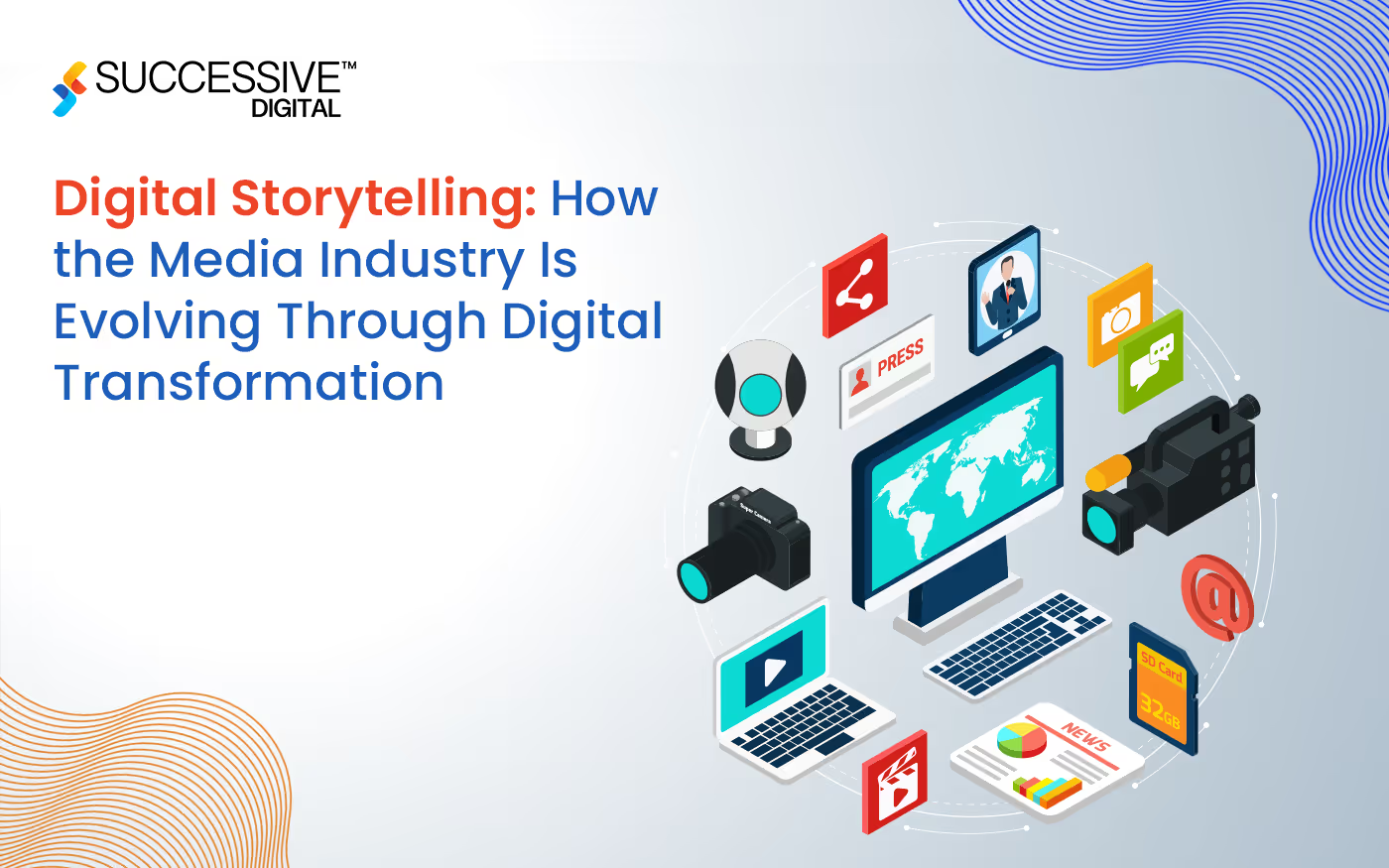In the modern digital world, the travel industry is in the process of profound transformation, pushing for technological improvements and evolving customer behaviors. Digital transformation in the travel industry has become indispensable for travel companies aiming to stay aggressive and maximize growth. From airlines and resorts to travel agencies and online systems, every sector within the industry is leveraging the era to better purchaser experiences, streamline operations, and create new revenue streams. Mobile devices have revolutionized the way vacationers plan and book travel, making smart device optimization a vital focus. Personalization, powered via data analytics and AI, is now a fundamental expectation among consumers, imparting tailor-made suggestions and custom-made promotions.Emerging technologies like blockchain and virtual reality (VR) are starting to reshape the landscape, offering new opportunities for secure transactions and immersive experiences. In this dynamic environment, travel organizations must adopt comprehensive digital strategy consulting services that integrate these technologies to draw, interact, and keep clients. This blog explores the vital components of such strategies, highlighting a roadmap for leveraging digital tools and techniques to drive long term success.
Key Trends Driving Digital Transformation in Travel:
- Mobile Dominance:
The rise of smartphones has transformed not just conversation but also tour planning and booking. With mobile apps and responsive websites, travellers can now look for, e-book, and manipulate their journeys on the cross, imparting unparalleled convenience and flexibility. The digital transformation in travel industry has introduced mobile wallets and consumer-friendly experience, improving the ease of mobile transactions. This evolution benefits each client and the travel company, streamlining and enhancing the tour experience.
- Personalization:
Consumers these days demand customized travel plans tailored to their choices. Utilizing data analytics and AI, travel companies can provide customized trips, promotions, and itineraries based on behaviors, options, and demographic data, substantially enhancing customer satisfaction and loyalty.
- Artificial Intelligence (AI) and Machine Learning (ML):
AI and ML algorithms allow travel organizations to investigate significant quantities of data, predict market trends, and optimize operations. From AI-powered chatbots offering 24/7 customer service to dynamic pricing models that adjust in real-time, these digital transformation services enhance efficiency and personalization.
- Blockchain:
Blockchain technology ensures extra transparency and protection within the travel industry. It can streamline booking mechanisms and transactions and manage loyalty programs more efficaciously. Its decentralized nature reduces fraud and complements belief amongst customers and carrier vendors.
- Virtual and Augmented Reality (AR):
VR and AR are revolutionizing travel research and planning. Travelers can take immersive virtual tours of destinations, hotels, and attraction points, supporting them in making informed decisions and improving their anticipation and excitement before actual travel.
Why Do Travel Companies Investing Into Developing A Comprehensive Digital Strategy?
Enhancing Online Presence and Visibility
Enhancing online presence and visibility is critical for attracting and preserving customers in the aggressive travel industry. Digital strategy consulting services help businesses by optimizing the website to be user-friendly, responsive, and speedy-loading, ensuring seamless experience on both desktop and mobile devices. Implementing powerful search engine marketing techniques, including keyword optimization and content marketing, improves the rating on search engines using organic visitors. Additionally, invest in pay-per-click (PPC) advertising on systems like Google and social media to goal-specific audiences actively attempting to find travel offerings. A robust online presence is not only an effective way to attract potential clients, it also builds credibility and brand trust.
Leveraging Data Analytics for Insights
Data analytics is an effective tool for gaining valuable insights into user behavior and optimizing tour business operations. By analyzing consumer records, companies can choose alternatives, reserving patterns, and developments, considering more excellent customized marketing and provider offerings. Operational analytics assist in streamlining techniques, managing inventory, and regulating pricing techniques in real time based on demand forecasts. Predictive analytics, in addition, enhance decision-making with the help of digital transformation services by anticipating future tendencies and customer desires. Utilizing these insights enables travel companies to improve user experience and growth efficiency and drive revenue in the long run.
Embracing Personalization and Customer Engagement
Personalization and consumer engagement are crucial to differentiating the travel business in a crowded market by implementing robust CRM structures to user interactions, enabling tailor-made advertising campaigns and personalized travel suggestions. As digital strategy consulting services, we use AI and ML to mine customer facts and provide individualized references for customized itineraries and unique offers. Engage customers across multiple channels—website, mobile app, social media, and e-mail—to create a continuing and constant journey. By focusing on personalized reports and proactive engagement, foster loyalty and encourage repeat business, thereby driving long-term growth and achievement.
Implementing Advanced Technologies for Efficiency and Innovation
Incorporating advanced technologies can extensively scale performance and foster innovation. Digital transformation in the travel industry aids AI-powered chatbots that provide immediate customer support and personalized suggestions, improving the quality of service. The Internet of Things (IoT) enhances visitor experiences in lodges via clever room controls and customized services. Blockchain technology ensures robust and secure transactions with lower fraud. VR and AR provide immersive previews of locations and motels, helping choice-making. By leveraging these technologies, tour companies can streamline operations, improve consumer satisfaction, and stay ahead of industry traits in the long run.ConclusionDigital transformation in the travel industry calls for a strategic method of integrating technology that encompasses customer-centricity, operational performance, and innovation. By leveraging digital strategy consulting services, advanced technologies, using data-driven insights, and prioritizing customized travel recommendations, companies can position themselves for sustained success in a growing digital landscape. Brands should embrace change, invest in the technology, and prioritize customer expectations to unlock the full capability of travel business in the digital age.
.avif)

.jpg)


















